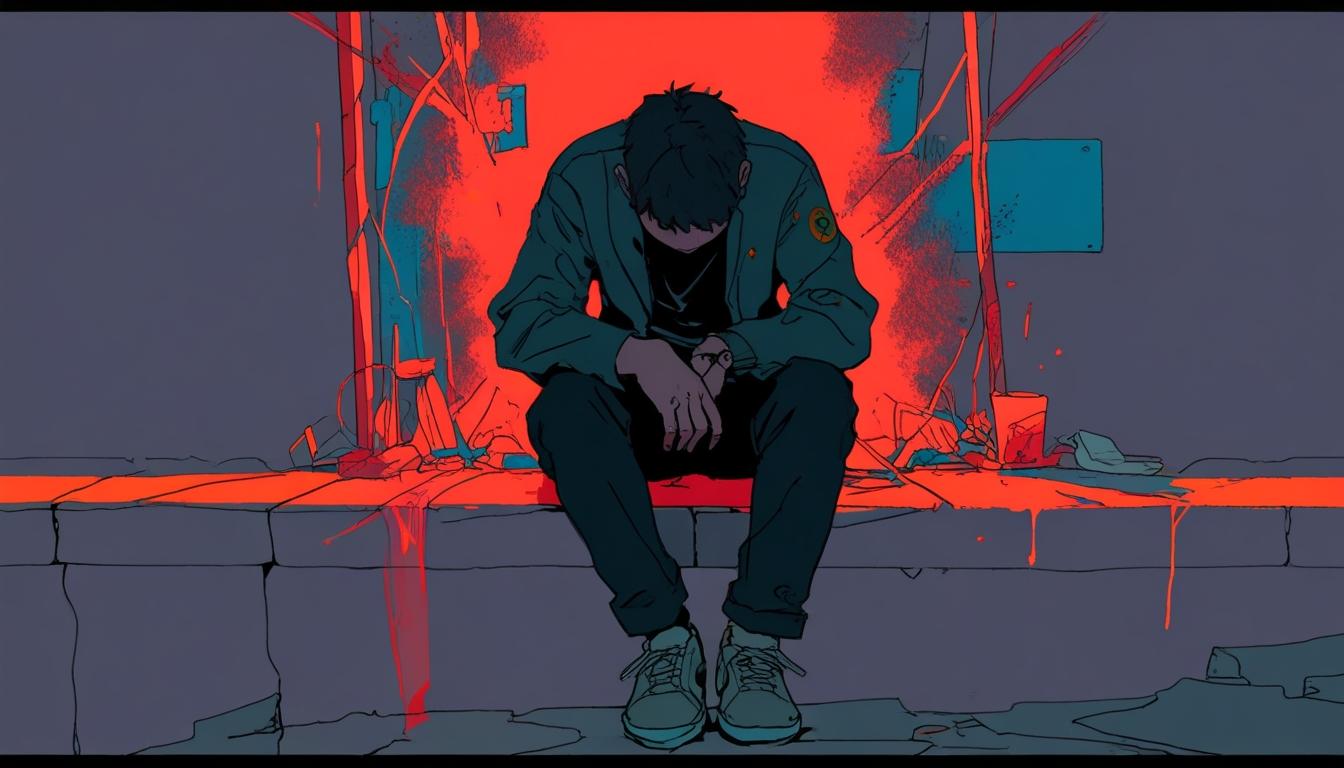The critically acclaimed Netflix drama Adolescence has helped illuminate the often-misunderstood subculture of incels, or involuntary celibates, primarily composed of young men who define themselves by their inability to form romantic or sexual relationships. This online subculture reflects a broader societal issue concerning mental health and socio-emotional well-being, revealing an intricate interplay between loneliness, employment, and identity.
Recent research from McGill University, dissecting discussions on incel forums, highlights the alarming consequences of a pervasive aversion to employment within this group. The study uncovers that a significant portion of incels—up to 30 per cent—are not engaged in employment, education, or training (NEET). The findings reveal a troubling community culture where unemployment is often celebrated as a commitment to the incel identity. Within these online discussions, maintaining NEET status is not merely a logistic choice but a badge of honour. As sociologist Eran Shor, co-author of the study published in Gender, Work & Organization, notes, "They use employment status to assess the degree of commitment of their peers to incel identity and often encourage other incels to embrace a life of unemployment and isolation."
This aversion to work is often rationalised with the belief that lacking a female partner renders the pursuit of traditional success pointless. The internal policing prevalent in these forums serves as a reinforcement mechanism, discouraging any attempts to engage with the outside world through work or education. Only a minority of participants express a desire to improve their situation, branding those who do as "fakecels."
The implications of these findings are dire, as unemployment and disengagement can foster a cycle of social isolation, which, as other studies have shown, can further exacerbate feelings of loneliness and depression among incels. Research has demonstrated that incels report heightened levels of depressive symptoms and anxiety, alongside lower self-esteem compared to their non-incel peers. Many internalise rejection, fostering a desolate social environment that can lead to dangerous patterns of behaviour.
The necessity for decisive intervention becomes clear. Simple punitive measures or outright bans on incel communities may prove ineffective; instead, a nuanced approach is needed. The McGill researchers advocate for a multi-pronged strategy that incorporates education, job training, and mental health support. This aligns with findings from other studies indicating that interventions focused on mental health could be a more effective means of reducing harm than traditional counter-terrorism measures.
As Shor suggests, "Long-term change will require challenging harmful narratives about masculinity, relationships, and success." This extends beyond addressing employment barriers; it necessitates a systemic change in how society interacts with and understands this marginalised subculture. By fostering constructive dialogue and encouraging socio-emotional engagement, it may be possible to reintegrate these young men into societal frameworks—transforming a culture of isolation into one of connection and support.
The depth of the issue underscores the importance of tailored mental health interventions, particularly as studies indicate a significant mistrust among incels towards mental health professionals. Acknowledging the specific narratives and emotional landscapes navigated by these individuals is essential. Thus, fostering a culture of understanding rather than alienation is vital for breaking the cycles of pain perpetuated within this subculture.
Reference Map
- Paragraphs 1, 2, 3, 5, 6
- Paragraph 4
- Paragraph 5
- Paragraph 4, 5
- Paragraph 2
- Paragraphs 2, 3, 6
- Paragraph 5
Source: Noah Wire Services
